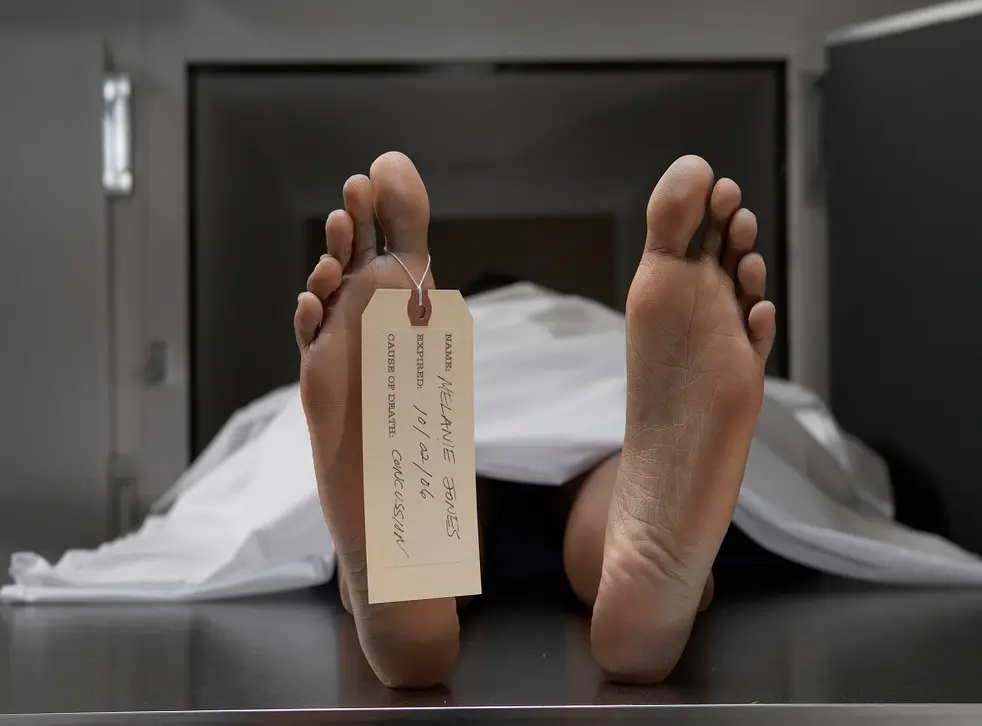
With Covid-19 waging a brutal war on human life, 2020 became one of the toughest years for insurers as death claims surged to levels not seen in recent history.
Insurers paid R522.7 billion to policyholders and beneficiaries in 2020 after fielding almost half a million (434 216) legitimate death claims.
But the industry had to deal with another epidemic: fraudulent claims which sought to fleece the industry R587.3 million.
Those providing funeral insurance were the hardest hit as 2 282 of the reported 3 186 cases of fraudulent claims related to funeral cover.
From a desperate family that laid a dead body on the road so that it can claim accidental cover to syndicates who buy dead bodies or prey on drug addicts, fraudsters had plenty of tricks up their sleeves.
The insurance industry’s representative body, the Association for Savings and Investment South Africa (Asisa), said it was not surprised. Even before the desperation brought by Covid-19 as people lost incomes and some stayed with bodies they didn’t know how they’d bury, insurance fraud was rife in SA. In 2019, SA insurers reported 2 837 fraudulent and dishonest claims to the value of R537.1 million.
Megan Govender, the convenor of the Asisa forensics standing committee, said funeral insurance has always been a soft target for fraudsters. But the Covid-19 pandemic has made it worse as the desperation due to job losses drove more people to resort to crime, especially because the excess deaths last year made it easier to source dead bodies for fraudulent claims.
“Since funeral insurance policies do not require blood tests and medical examinations and are designed to pay out quickly and without hassle when an insured family member dies, criminals and dishonest individuals most commonly try their luck in this space,” said Govender.
- Chamisa under fire over US$120K donation
- Mavhunga puts DeMbare into Chibuku quarterfinals
- Pension funds bet on Cabora Bassa oilfields
- Councils defy govt fire tender directive
Keep Reading
Some hair-raising cases Asisa said the buying of dead bodies often involves syndicates and mortuary employees. The syndicates buy dead bodies and then use them to claim against policies that were fraudulently taken out some months earlier. They usually buy unclaimed bodies.
Another modus operandi involving syndicates targets drug addicts and alcoholics from poor communities with a promise of a job to obtain their personal details and fraudulently buy funeral cover for them.
When the waiting period lapses, the syndicates then have to find a body, which could be done through the purchase from a mortuary. But Govender said in one incident, the syndicate tried to murder the addict they’d covered. But the victim escaped.
However, it’s not just the syndicates that insurers have to worry about. One family collected the body from the mortuary before the death was registered and “purposefully” placed it on the road. It reported a hit and run accident and submitted a claim.
Govender said cases of families so desperate for funeral cover payouts are common, especially when the person died while they were still under the waiting period that insurers impose. Some resort to these tricks as accidental death benefits have no waiting period.
As for the other insurance products, Asisa said there were 388 fraudulent life insurance death claims totalling R264.3 million. Policyholders submitted 325 fraudulent and misrepresented disability claims, 141 hospital cash-back claims, and 50 retrenchment claims. KwaZulu-Natal had the highest number of detected fraudulent claims, followed by the Eastern Cape. – News24











